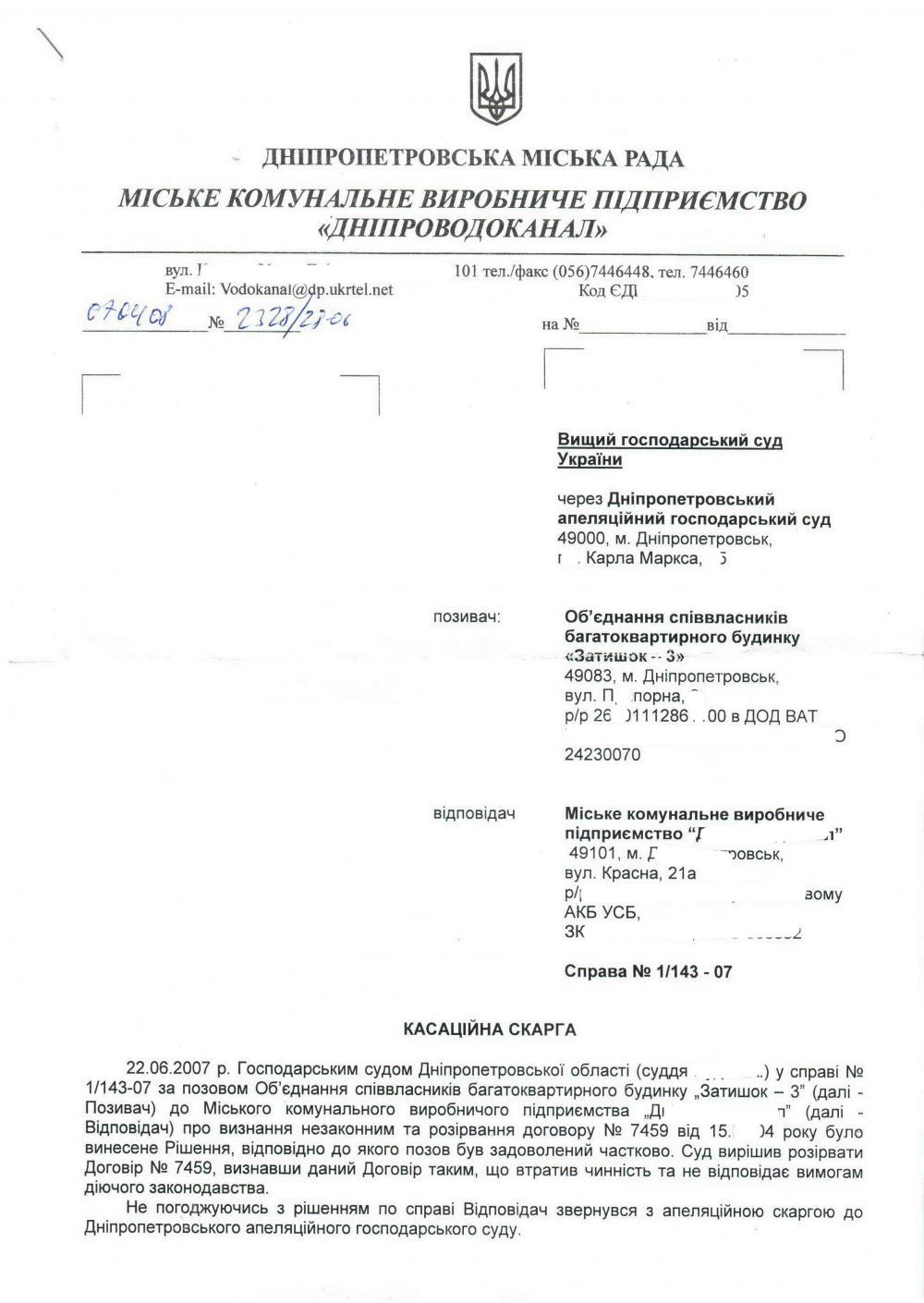Lawyer for preliminary investigation
Each of us is guaranteed the right to defense. From the moment a person is suspected of committing any crime, they may retain a lawyer to protect their rights.
It should be noted that defense during the preliminary investigation has certain features. With the entry into force of the new Criminal Procedure Code, only an advocate may act as a defender of a suspect (accused, defendant). A lawyer who does not have an advocate’s certificate, or whose information is not included in the unified database, cannot act in criminal proceedings.
Preliminary investigation
The following procedures occur at the preliminary investigation stage:
- gathering of evidence;
- presentation of charges to the suspect;
- detention and arrest;
- transfer of the case to the courts.
Only a qualified advocate can develop and choose the correct defense strategy during the preliminary investigation process, which is very important at this stage.
The actions of an advocate at the preliminary investigation stage can be divided into the following types:
- participation in various procedural actions;
- reviewing the materials of the criminal case;
- filing motions and appealing the actions of investigative authorities;
- presenting evidence in the case.
Defense can be carried out at any stage of the criminal process. But it is best to engage a defender at the preliminary investigation, since every minute counts in such cases. The earlier an advocate begins working on your case, the greater your chances of a favorable outcome.
Why do you need an advocate during the preliminary investigation?
Professional assistance during the preliminary investigation is important for advancing and resolving the case in the client’s favor. A correct initial line of defense will improve the chances of success in court.
Before the case is sent to court, the advocate must:
- study the alleged violations;
- exclude unproven assumptions;
- reduce or avoid restrictive measures.
The presence of an advocate at pre-trial interrogations will help avoid psychological pressure. A qualified specialist will advise the client when they have the right not to answer a question.
An advocate during the preliminary investigation has the right to:
- review the case materials;
- participate in interrogations, investigative experiments, searches;
- call private individuals to give testimony;
- insist on conducting forensic and medical examinations;
- challenge experts and involve independent persons;
- request certificates from government agencies;
- file motions and counter-accusations.
The advocate will advise the client on behavior tactics, explain rights and obligations, and prepare them for giving testimony. Qualified assistance will help avoid provocations from the prosecution.
The law grants the advocate fairly broad powers:
- the advocate has the right to visit the client an unlimited number of times;
- may request recusals of the investigator, prosecutor, specialist, expert, translator;
- the advocate has the authority to be present during interrogations, the presentation of charges, searches, seizures and other investigative actions;
- review all case materials and collect necessary evidence.
- perform other actions.
Advantages of the ‘Nakaz’ advocates:
- rapid intervention by the defender;
- presence during the service of notices and presentation of suspicion;
- thorough examination of the prosecution’s evidence;
- review of procedural documents;
- rapid understanding of the core issues;
- knowledge of recent legislative changes;
- gathering evidence of the client’s innocence;
- development of a defense strategy;
- engagement of competent professionals as consultants;
- arranging visits when the suspect is remanded in custody;
- monitoring compliance with the law during interrogations, searches, and seizures of personal belongings;
- appealing unlawful actions of investigative authorities.
The advocates of our company are always ready to represent your interests not only at the preliminary stage but at all other stages of the criminal process. Our specialists will do everything possible so that you remain free and avoid a criminal record.
- Preparation of a cassation appeal
- Participation of an advocate/lawyer in a court hearing
- Filing documents in court
- Oral consultation on the case

